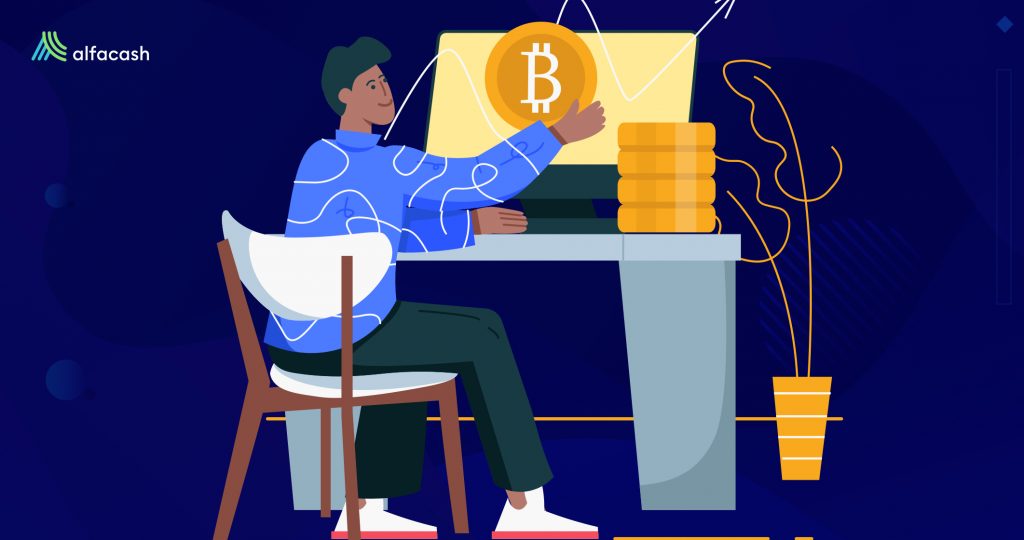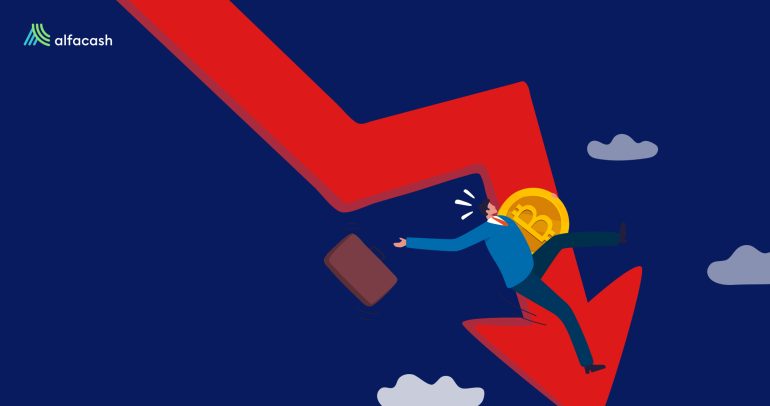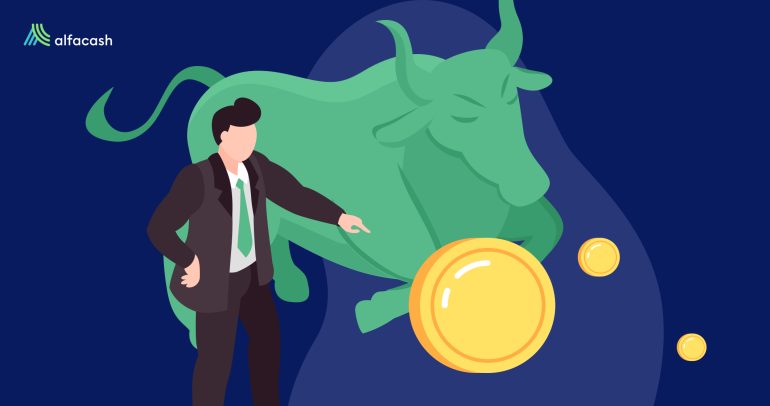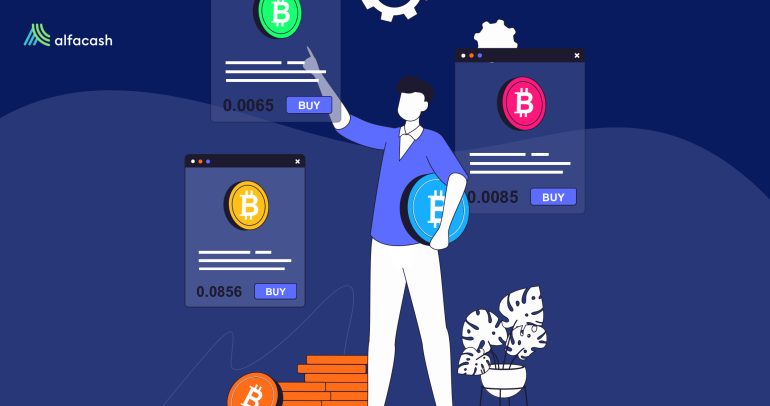Do you remember the first time you heard the word “BitcoinBitcoin is the first decentralized digital currency. It was created in 2009, by an anonymous founder or group of founders... More”? It was probably tied to an online game or certain illegal stuff. Back in 2009, when the first cryptocurrencyA digital currency running on a blockchain and built with cryptography. Contrary to central-bank issued currency, cryptocurrency issuance rules are... More was born, you probably had no idea about it. And that’s ok because almost no one had it (even if we regret that today). Now, we can say that Bitcoin went from zero to hero, but in a bearish market, some people may need reasons to stay in the boat.
Yes, we know it. Bitcoin (BTCAn abbreviation for Bitcoin.) lost over 74% from its last All-Time High (ATH). It briefly lost its floor at $20,000 as well, and some analysts are still waiting for $15,000 per coin. “Bitcoin is dead” were starring on Google searches recently. But hey, if you’ve been here for some years, you must know that’s the game. The picture of the Crypto Fear & Greed Index in two different years with the same price is exactly what’s happening.
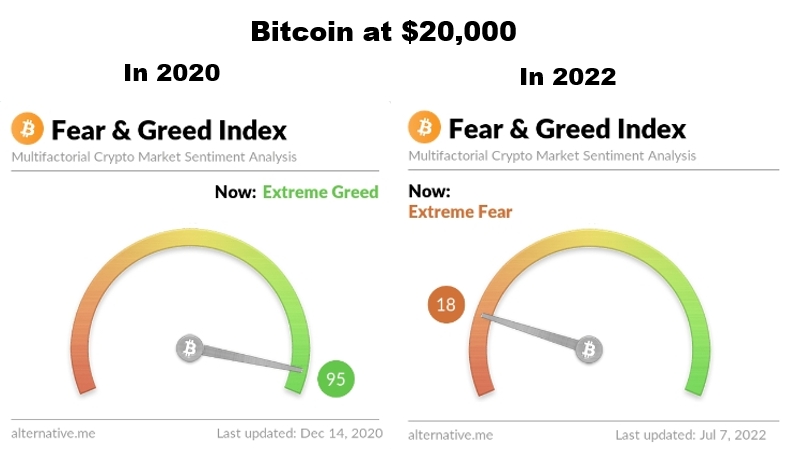
Looking back into the past a little bit more wouldn’t be bad, indeed. Let’s remember how much the crypto world has grown.
How started
An obscure group of (very smart) geeks was worried about online privacy and personal freedom. So, they joined forces to create software to addressAn address is a blockchain equivalent to a bank account number in the traditional financial system, or an email address.... More those issues. They called themselves “cypherpunks” and even redacted a manifesto:
“We must defend our own privacy if we expect to have any. We must come together and create systems which allow anonymous transactions to take place (…) We the Cypherpunks are dedicated to building anonymous systems. We are defending our privacy with cryptographyCryptography is the mathematical basis for secure communication that allows only the sender and intended recipient of a message to... More, with anonymous mail forwarding systems, with digital signatures, and with electronic money.”
As you may guess, Satoshi Nakamoto was one of them. He did the part of electronic money with Bitcoin and launched this blockchainBlockchain is a type of database storing an immutable set of data, verifiable to anyone with access to it —through... in January 2009. The coin started with almost no value at all. Only few bet on its success.
In 2010, the developer and Bitcoin enthusiast Laszlo Hanyecz wanted to give some real use to the first cryptocurrency. That’s why he asked for some pizzas through the forum Bitcointalk, and he ended up paying 10,000 BTC (yes, BTC units) for a couple of pizzas from Papa John’s. This was on May 22, 2010, and, since then, we celebrate Bitcoin Pizza Day. It was the first real-world purchase with Bitcoin.

There were no proper exchanges or wallets back then. The later infamous Mt. Gox would be founded in July of the same year. Silk Road, the Darknet marketplace for which Bitcoin gained a lot of (bad) fame, wouldn’t appear until February 2011. People used to earn up to 5 BTC in free faucets and lost the private keys inside their disks all the time.
So, we had a coin at around $0.01 – $1, barely any market cap, and not many hopes ahead. Despite it, some strong believers found legit reasons to stay on Bitcoin.
How it’s going
Bitcoin is at $20,400 per coin. Counting from its $0.01 low in 2010 implies an increase of 203,999,900% so far. At least 29,785 businesses worldwide accept this token as a payment method [CoinMap]. There are around 38,307 Bitcoin ATMs and 310,641 cash providers globally [CoinATMRadar]. Likewise, we have over 465 centralized crypto exchanges across the world, and other 244 decentralized exchanges [CoinGecko].
Global crypto users amounted to 300 million in December 2021, and they’re expected to grow by 1 billion by December 2022. Therefore, the current market cap for Bitcoin is $387.9 billion, while the whole crypto market cap almost hit $1 trillion [CoinMarketCap]. Over $22.7 billion in BTC were transacted in the last 24 hours only.
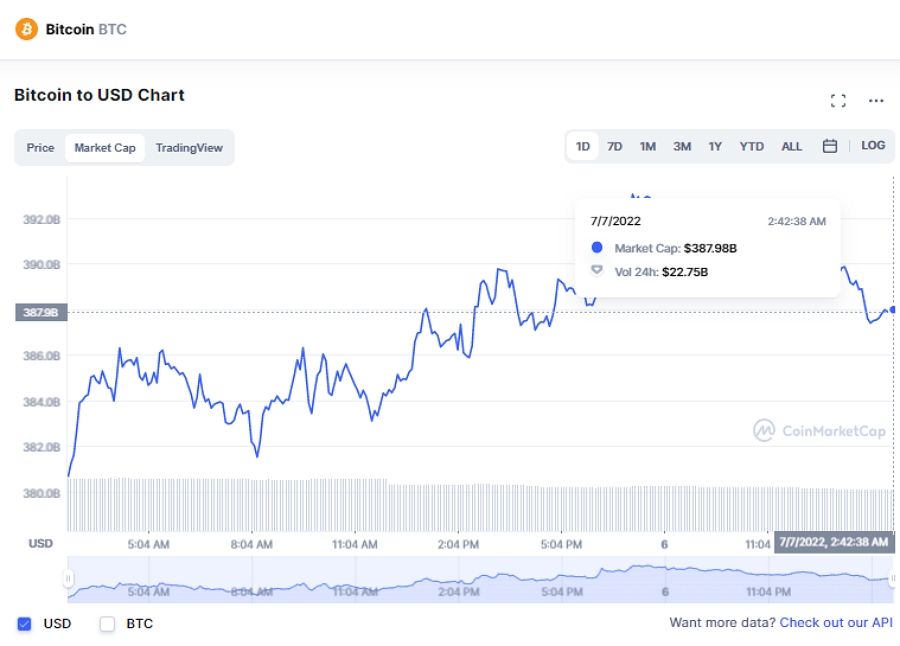
Talking about regulations, from 195 jurisdictions worldwide, only 21% have legal hostilities against cryptocurrencies. On the other hand, 103 countries (52%) are applying Anti-Money Laundering (AML) and Combating the Financing of Terrorism (CFT) laws and taxes for crypto-related activities. That implies acceptance of these coins. Besides, three nations have officially adopted BTC as legal tender: El Salvador, the Central African Republic, and Ukraine.
Reasons to stay on Bitcoin #1: Bullish predictions
So, among the reasons to buy the f%&$ dip (BTFD) with Bitcoin, we have bullish predictions. They may be wrong, ok. However, in their defense, the people doing predictions are experts and companies with years of experience inside the cryptocurrency world. They were right several times in the past by using their particular methods.
To mention some of them, we have the Swiss bank SEBA and its current CEO, Guido Buehler. He believes that Bitcoin will, at least, recover to $50,000 per coin; or even will reach a new All-Time-High (ATH) of $75,000 per coin. For their part, a panel of 33 Fintech experts gathered by Finder aims higher: $93,717 per BTC for 2022.
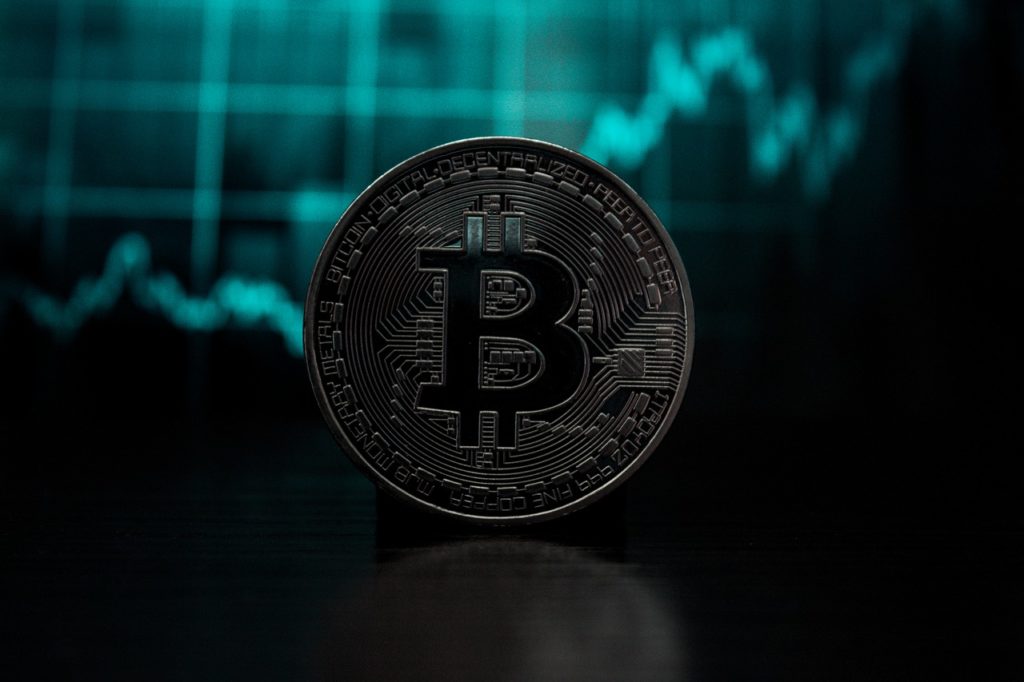
The experimented traders Willy Woo and Plan B stated that Bitcoin could reach $100,000 and $200,000 per coin, respectively. Jeremy Liew (Managing Director at Lightspeed Venture Partners) and Peter Smith (Blockchain.com CEO) think that the price of Bitcoin could reach an amazing $500,000 per coin by 2030. Besides, Wences Casares (Xapo CEO) and Ark Investment set a target of $1 million per coin in eight years.
Reason #2: Utility
Of course, Bitcoin isn’t only a tool for speculation. It has real utility, beyond the greedy markets. Probably the main one is in the next point (freedom), but we can mention others here. Payments are something obvious, with businesses and service providers of all kinds accepting this currency.
Ark Investment didn’t only say its opinion but published an entire study about it. They mentioned that Bitcoin could conquer an important percentage of the remittances worldwide since it offers an easy and cheap way to transfer internationally. Likewise, this currency is useful as an economic settlement network between banks. It also could provide corporate and nation-state treasure and become digital gold in the long term.
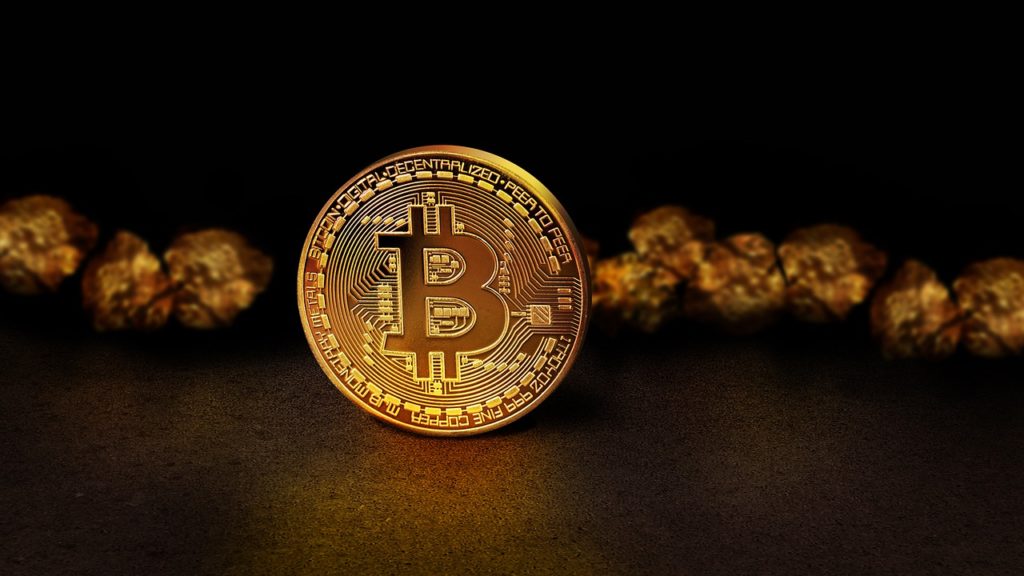
The technology involved has a remarkable value by itself. As they commented, “Bitcoin is the most profound application of public blockchains, the foundation of ‘self-sovereign’ digital money. The Bitcoin protocol has enabled two other revolutions: The Financial (DeFi) and Internet (Web3) Revolutions”.
Lightning Network, the cheaper and faster way to transact bitcoins, has reached over 20,000 nodes [Bitcoin Visuals]. Platforms like Stacks and RSK allow the use of smart contracts inside the Bitcoin blockchain (and that includes DeFi apps and Non-Fungible Tokens). Meanwhile, Bitcoin-based platforms like Counterparty offer the creation of customized tokens and games. These are several reasons to keep your Bitcoin position, indeed.
Reason #3: Freedom
That’s why we’re here, aren’t we? As Ark Investment mentioned too, Bitcoin is a “seizure-resistant asset”. The cypherpunks designed it to be like this because that’s the whole point of Bitcoin. Nobody (including the government) controls it, nobody can freeze or limit your assets, average people can’t link your real identity with your addresses, and you only need a device and Internet to own cryptos —no more annoying requirements.
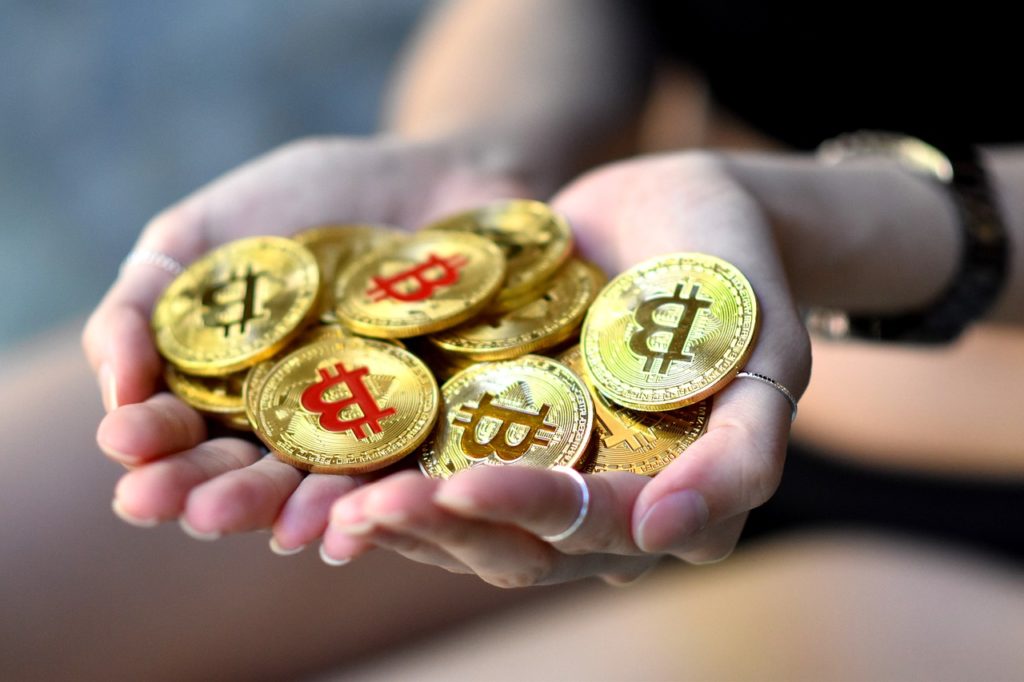
That’s what we call decentralizationThe transfer of control from one central entity to numerous smaller entities. Generally, cryptocurrencies are decentralized. Every crypto transaction is... More. We can say that if a system is “decentralized”, then its control and/or its components are distributedA distributed system is made of components that are running on different networked computers, which communicate and coordinate their actions... More (split) between several parties. In theory, there’s not a single point of failure, and there’s not a single leader either. That’s how Bitcoin works, and it has some important advantages.
If there’s not a single party controlling the system behind cryptocurrencies, that means they’re resistant to confiscation and censorship. The situation in Nigeria during the last two years is a great example. The government decided to impede the funds’ inflow from banks to the protesters since they can order the banks on what to do.
However, the protesters still could receive funds in cryptocurrencies. Even when the government banned crypto, it was perfectly possible to exchange crypto in external services or directly between people, because they can’t control the blockchains (as they do with the banks).
Now, beyond all reasons to stay on Bitcoin, here’s the most important: we have real freedom over our money. And we can’t give up on that.
Remember: the opinions and insights featured in this category belong solely to its author(s) and don’t necessarily reflect those of Alfacash as a whole.
Wanna trade Bitcoin and other tokens? You can do it safely on Alfacash! And don’t forget we’re talking about this and a lot of other things on our social media.
